Explore the ScaleUp Annual Review 2021
Select a section to expand and explore this year's review.
CONTENTS

Introduction 2021

Chapter 1 2021
The ScaleUp Business Landscape

Chapter 2 2021
Leading Programmes Breaking Down the Barriers for Scaleups

Chapter 3 2021
The Local Scaleup Ecosystem

Chapter 4 2021
The Policy Landscape

Chapter 5 2021
Looking forward

Annexes 2021

Scaleup Stories 2021
Talent and skills
Access to talent and skills is dialling up as a challenge for scaleups as we move into 2022, with it once again being highlighted by many scaleup leaders as their top priority. Two thirds of scaleups are also saying that access to talent is vital, or very important, to the continued scaling of their business.
Scaleups are significant UK employers however they also attract international talent, with 47% employing staff from the EU and 36% employing staff from outside the EU. With 1 in 5 scaleups (21%) saying that a quarter or more of their staff come from outside the UK, maintaining access to these talent pools is considered to be critical – 49% of those currently employing staff from the EU say it is vital or very important for them to continue to be able to do so; alongside 41% employing staff from elsewhere. 45% of scaleups who currently employ staff from overseas say it is very important or vital to have access to the fast track visa for hiring overseas being developed by Government.
Scaleups employ a mix of graduates (76%), post-graduates/PhDs (49%), and school leavers (37%). 70% offer either apprenticeships or work experience, while one-third (37%) offer internships. They demand a wide range of skills.
Social skills and technical skills continue to be the most important abilities for graduates and school leavers: 75% rank social skills in their top three essential needs, while 66% select technical skills. Just behind, management skills (60%) and business skills (58%) are also in demand.
Scaleups are continuing to look for employees who can objectively analyse a situation and make a decision by demonstrating critical thinking, it is the most desired future skill cited by 70% of scaleup leaders. This is supported by the next most important skill being cognitive flexibility (being able to think about more than one thing at once) at 44%, alongside service orientation (42%) and emotional intelligence (41%), indicating that they want employees who can anticipate, recognise and meet the needs of others.
When it comes to sourcing these skills, there is something of a mis-match between need and confidence. While 70% of scaleup leaders are looking for critical thinking skills, they are less confident of finding it (30%) or cognitive flexibility (29%) than they are of finding other skills, such as creativity (50%) a service orientation (43%), or the ability to coordinate with others (37%). Closing the need-confidence gap for key skills will be important for scaleups recruiting for the future.
Asked about how they currently develop and upskill their teams, almost all scaleups offer employees training (94%). Three-quarters (75%) offer in-house training delivered by other staff, half support staff with mentors (48%) and a significant minority look outside the business to private leadership/skills courses (47%), coaches (36%) and independent consultants delivering bespoke solutions (34%). There is also support from the education sector, whether that is universities (24%) or FE colleges (35%).
Scaleups are seeking greater support to take on new employees and ensure that they possess the right mix of skills and attributes. They are looking for financial support through grants or funding for taking on trainees (56%), offering apprenticeships (51%) and work placements (43%). 52% want students to receive improved careers advice about the opportunities that exist in scaling companies like theirs. There is also a desire to see improved connectivity and proactive engagement with the education system through entrepreneurial education (52%), encounters with students (42%), vocational courses (39%) and enhanced accreditation of digital skills (33%). Fostering these linkages will enhance the talent pipeline for scaleups and should be a priority for local, regional and national Governments.
CONTENTS

Introduction 2021

Chapter 1 2021
The ScaleUp Business Landscape

Chapter 2 2021
Leading Programmes Breaking Down the Barriers for Scaleups

Chapter 3 2021
The Local Scaleup Ecosystem

Chapter 4 2021
The Policy Landscape

Chapter 5 2021
Looking forward

Annexes 2021

Scaleup Stories 2021

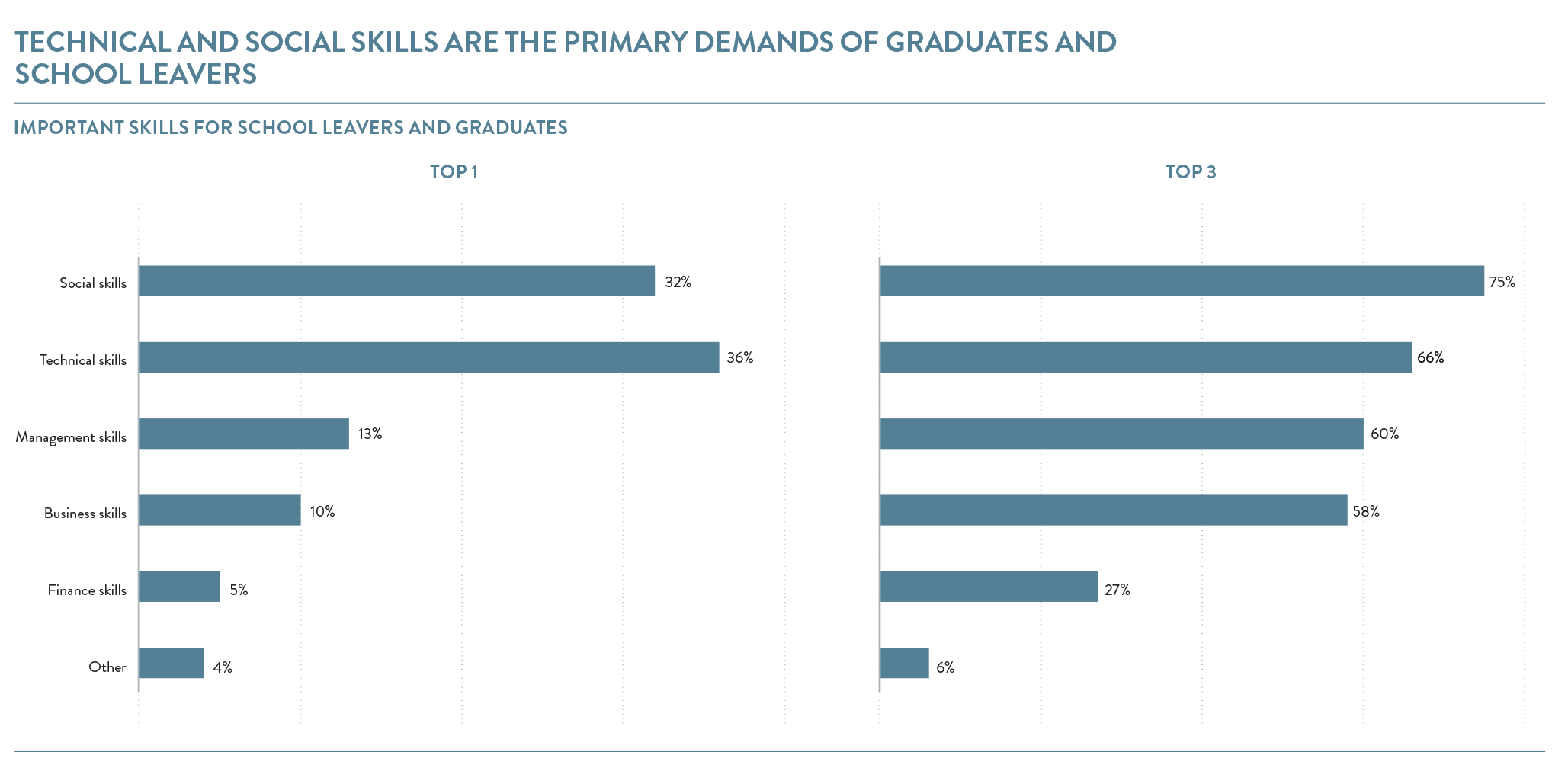
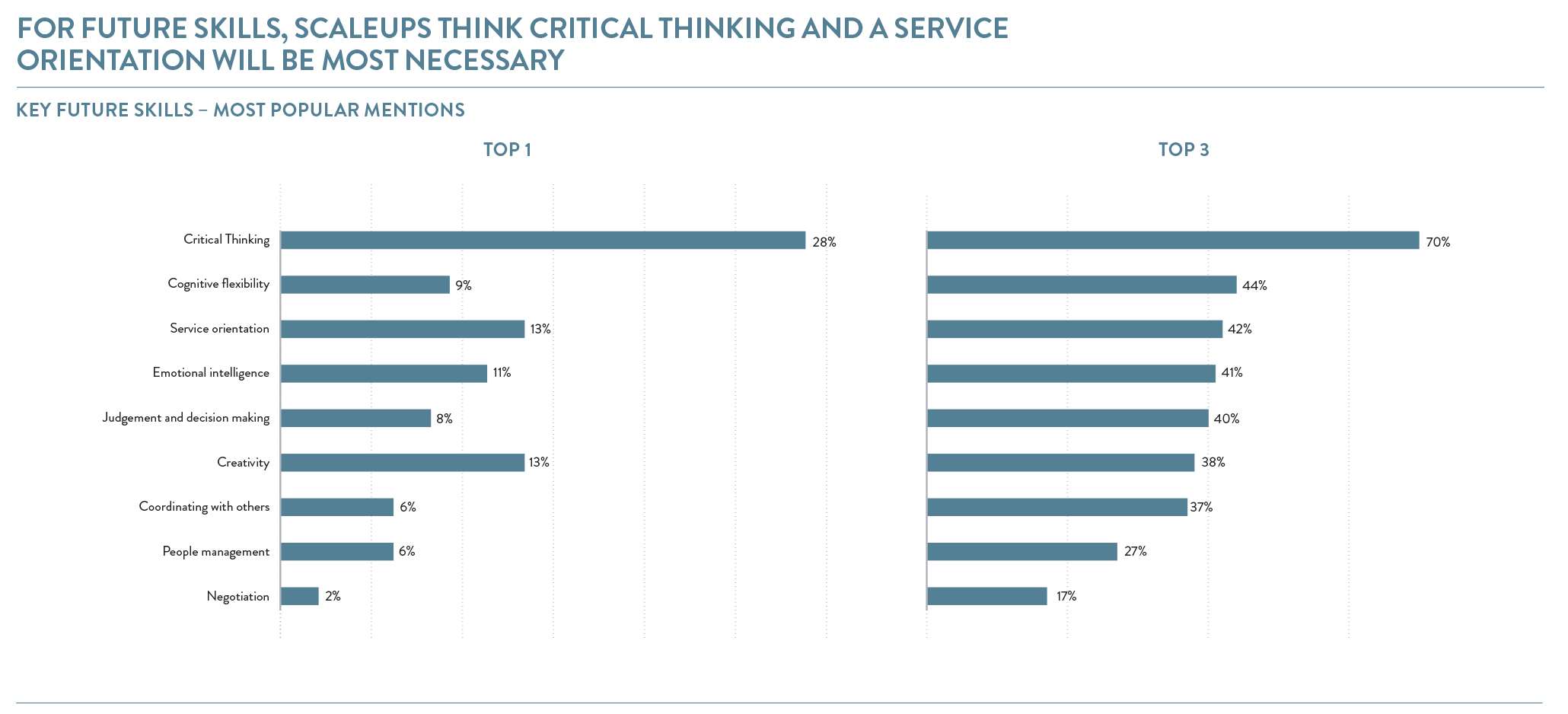
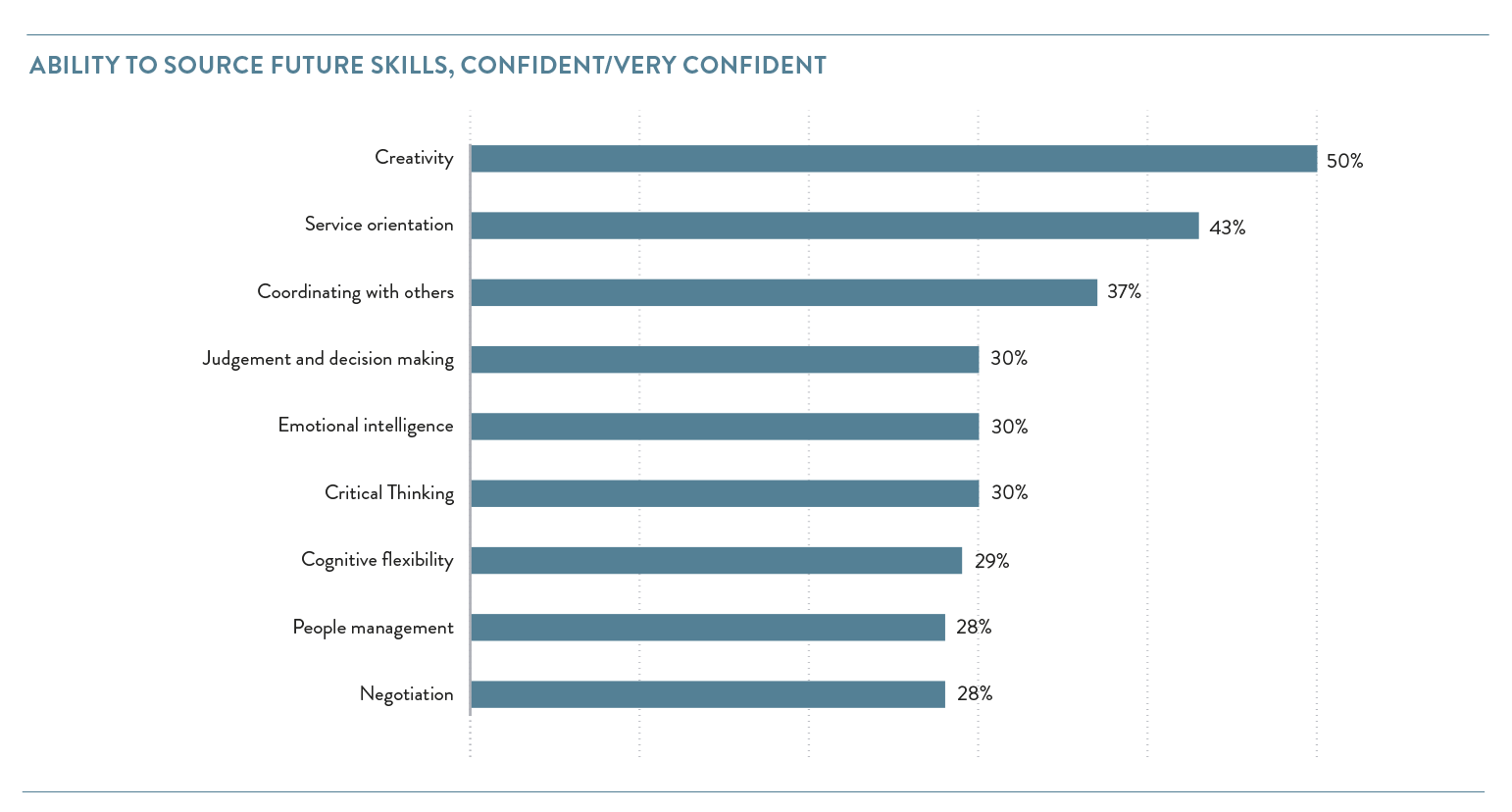
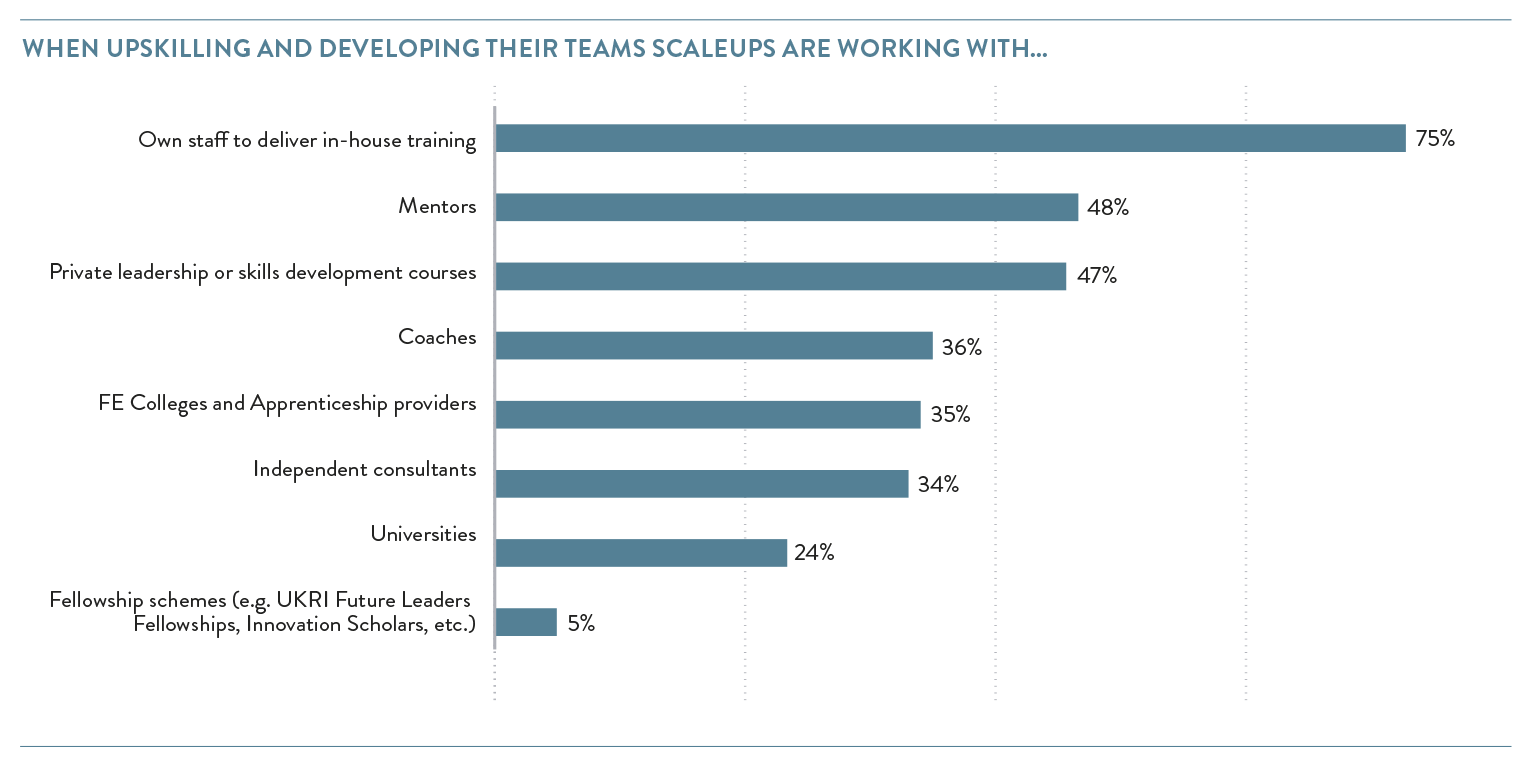
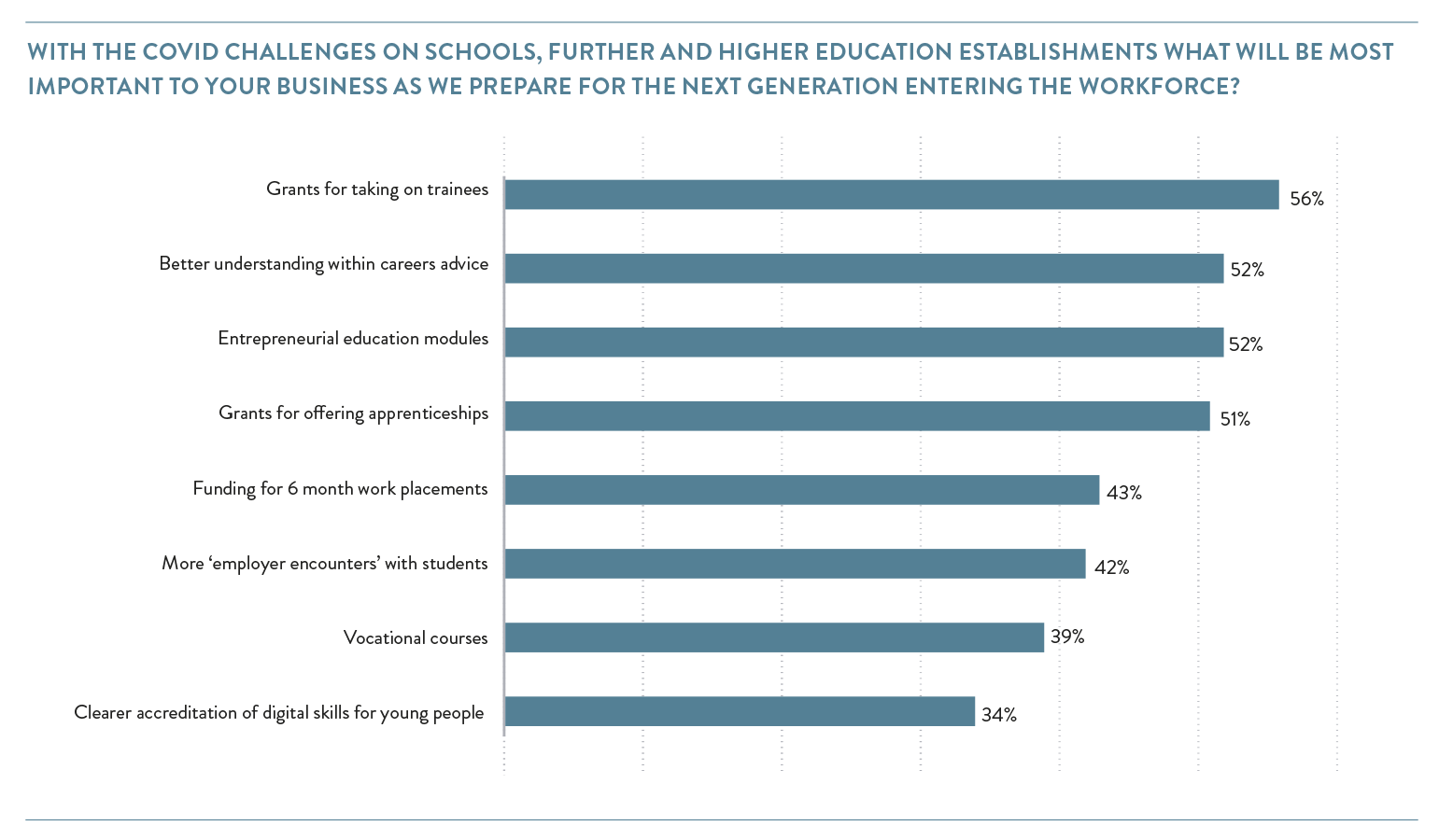
 Previous
Previous

Share